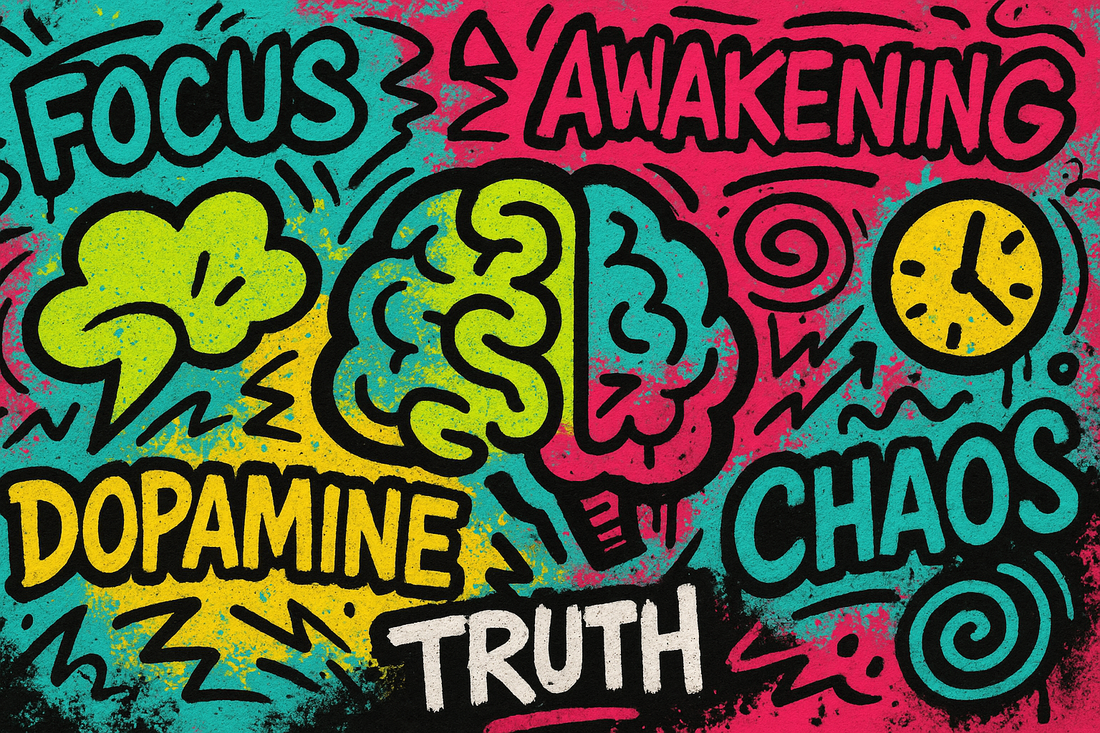
Dyslexia In The Workplace With Guy & Suzanne Pope-Mayell
Share
Have you ever felt like your workplace just doesn’t get how your mind works? If you have dyslexia or ADHD, that feeling can be all too familiar. In this podcast episode, I chatted with the team from Cookie Time in New Zealand about how they’ve created a space that supports and celebrates dyslexia, ADHD, and all forms of neurodiversity.
From mental health and emotional safety to simple, meaningful changes that transform a company’s culture, we unpacked what a truly supportive environment looks like. Keep reading to learn how small shifts can make a huge impact.
A Culture That Embraces Neurodiversity
Cookie Time is known for its delicious treats, but behind the scenes they’ve been stirring something else into their recipe: a culture that welcomes different ways of thinking. Neurodiverse workers can thrive when the pressure to “fit in” isn’t part of the job.
By focusing on people’s strengths, Cookie Time found they got the best out of their team without forcing everyone into the same box. It’s a mindset shift that starts at the top. Leaders trust their employees to do great work in ways that suit their unique thinking style.
Shifting Perspectives on Mental Health
We often underestimate the correlation between feeling understood and good mental health. For neurodiverse individuals, simply having a manager who listens can reduce stress. Cookie Time took mental health and emotional safety seriously by fostering open discussions.
They do more than just talk. Regular check-ins and honest conversations help everyone feel supported. When you’re allowed to say, “I’m struggling,” without fear of judgement, you’re able to bounce back faster.
Practical Workplace Adjustments
A friendly environment isn’t only about warm words—it’s about making day-to-day work life clearer and simpler. Cookie Time introduced tweaks like flexible work hours and open communication channels to help people stay on track. They identified that some staff did better with quiet spaces for focused tasks, so they created them.
Visual aids also help those who are more picture-minded. Colour-coded notes, simple diagrams, and short, direct messages create clarity for dyslexic workers. In the interview, one point came across loud and clear: if something is easy to learn, it’s easy to adopt.
Small Shifts with Big Returns
Sometimes it’s the little things that anyone can do. Creating daily or weekly to-do lists, offering audio instructions instead of written text, or pairing people with mentors who understand dyslexia all have a positive ripple effect in an organisation.
As one Cookie Time insider put it:
“We got more done when we stopped making assumptions about how people should work and started asking them how they do their best work.”
That mindset led to greater creativity, fewer mistakes, and a feeling of shared ownership that benefited everyone.
- Check-ins become a regular part of the routine
- Working hours are flexible when possible
- Instructions are kept short and direct
- Team members have spaces suitable for quiet time
- Collaborative brainstorming is encouraged
While these steps might seem simple, they’re easy to overlook. Yet they can turn a stressful environment into a supportive one. This episode showcased just how powerful such deliberate changes can be.
Key Takeaways
- Leaders set the tone. A top-down approach to openness encourages employees to share what they need.
- Practical adjustments don’t have to be complicated. Even a small tweak can transform someone’s comfort and productivity.
- Emotional safety is essential. When people feel heard, they do their best work.
- Visual aids and clear communication help everyone, not just dyslexic or ADHD team members.
- Curiosity and empathy lead to better questions, which lead to tailored solutions.
If this conversation spoke to you, you’ll want to hear the full story. Whether you’re an employer interested in building a diverse team or an individual wanting to advocate for yourself, this episode has something for everyone.
Ready to dive in? The podcast player is right here at the top of the page. Press play and discover how Cookie Time created a happier, more inclusive workplace—and how you can do the same.

